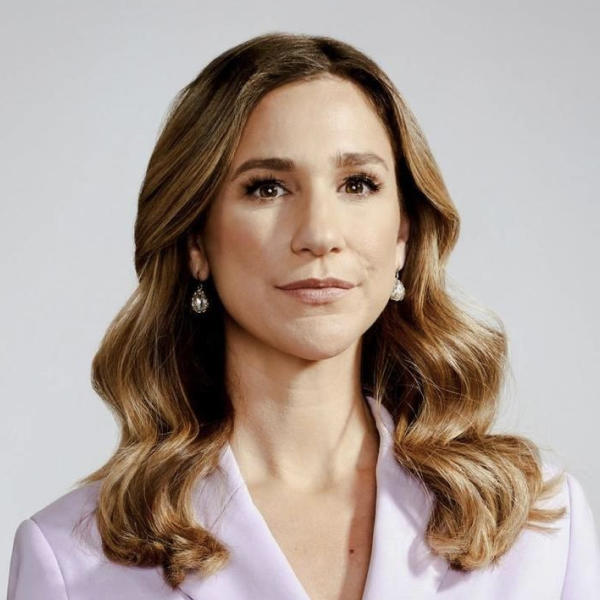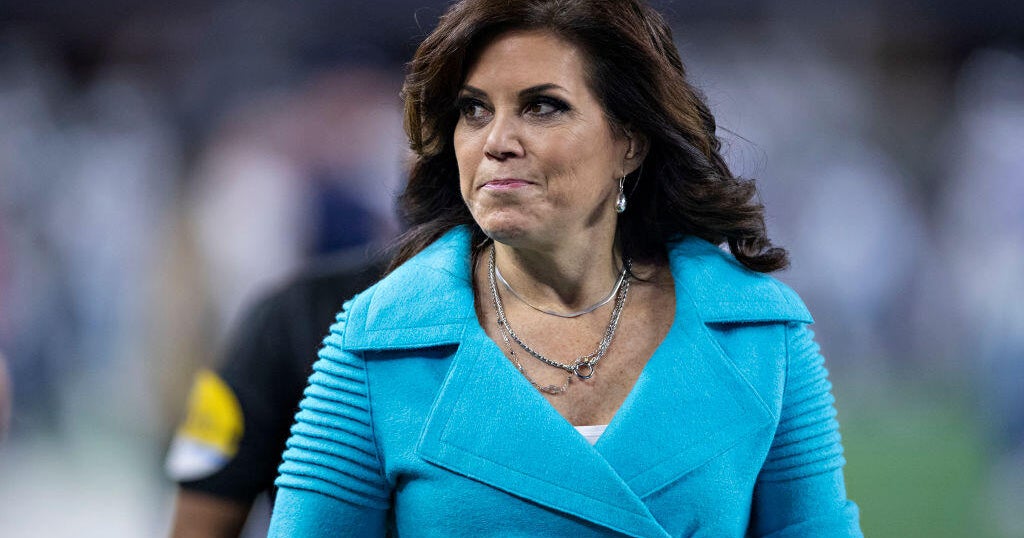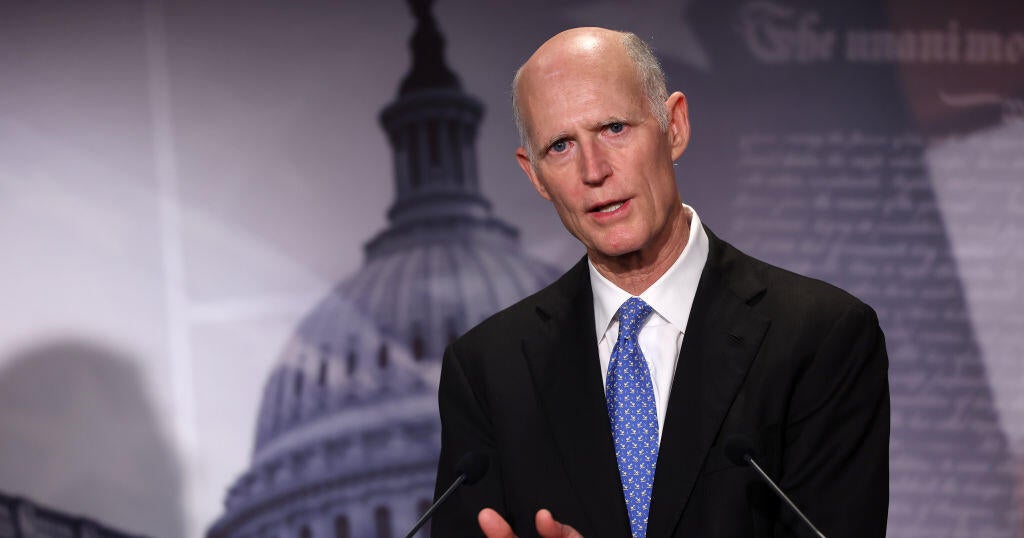Republicans running for Senate seek to navigate IVF stance after Alabama ruling
Republicans aiming to take back control of the U.S. Senate are urging lawmakers and candidates to express support for in vitro fertilization after a ruling by the Alabama Supreme Court that determined IVF embryos are children, "regardless of their location."
In a memo released Friday, the National Republican Senatorial Committee, which works to elect Republicans to the Senate, advised candidates "to clearly and concisely reject efforts by the government to restrict IVF."
"It is imperative that our candidates align with the public's overwhelming support for IVF and fertility treatments," wrote NRSC executive director Jason Thielman in the memo to Senate candidates that was shared with CBS News.
The Alabama ruling has thrust fertility treatments into the ongoing debate over abortion access rights, which has proven to be a powerful force for voters in elections since the Supreme Court's decision overturning Roe v. Wade. At least three fertility clinics in Alabama paused IVF treatments, leaving patients in limbo and putting a spotlight on the consequences the Dobbs decision has for women who want to have children but are having trouble conceiving.
Underscoring the political stakes for Republicans, former President Donald Trump, the frontrunner for the party's presidential nomination, urged Alabama lawmakers to figure out a solution. Trump has touted his role in overturning Roe by appointing Supreme Court justices who were opposed to abortion rights.
"Like the OVERWHELMING MAJORITY of Americans, including the VAST MAJORITY of Republicans, Conservatives, Christians, and Pro-Life Americans, I strongly support the availability of IVF for couples who are trying to have a precious baby," Trump wrote in a social media post. "Today, I am calling on the Alabama Legislature to act quickly to find an immediate solution to preserve the availability of IVF in Alabama."
The issue was soon raised on the campaign trail this week, too. Republican presidential candidate Nikki Haley told NBC News Tuesday that she believes embryos are babies. But she later sought to clarify her position, insisting that she never said she agreed with the Alabama court's decision. "I think that the court was doing it based on the law. And I think Alabama needs to go back and look at the law," she said on CNN Thursday, she said. "We want to make sure whatever we do, that we have plenty of opportunities and availability for fertility treatments to go forward."
The NRSC memo cited polling from former top Trump adviser Kellyanne Conway from December showing 85% of respondents support access to fertility-related procedures, including broad support from "pro-life advocates" and evangelicals. The polling also found 80% support for IVF and other fertility treatments in military healthcare benefits. And there were electoral benefits, too: 85% said they would back candidates who prioritize increasing the availability of contraceptives and fertility-related treatments.
On Friday, Senate hopefuls Tim Sheehy of Montana, Kari Lake of Arizona, and Bernie Moreno of Ohio, who are vying for seats that will determine the balance of power in the upper chamber, all expressed support for IVF.
Lake said she opposes IVF restrictions and will fight against restrictions if elected.
"My goal is to promote a culture of life. IVF is a vital tool for families that struggle with infertility. We have a crisis in this country of people not having enough kids at replacement levels. I'm in favor of anything that promotes people having more babies & strong families," Moreno posted on X.
But Democratic Ohio Sen. Sherrod Brown, who is running for reelection, criticized Moreno and the other Republican candidates who opposed the statewide ballot initiative to enshrine abortion rights but are now expressing support for IVF treatments. And other Democrats have pointed to GOP support for legislation that defines "personhood" as beginning at fertilization saying it negates their professed support for IVF.
And even as Republicans express support for IVF, many of them have not indicated whether they agree with the Alabama justices who determined IVF embryos are considered children, leaving in question what should be done with embryos that are not used.
The Biden campaign has placed the blame on the Alabama decision on Trump, saying "Now his name is on every single attack on reproductive health care — from abortion bans to assaults on contraception and stopping IVF treatments — across the country."
Planned Parenthood Action Fund President Alexis McGill Johnson told CBS News that the way in which restrictive abortion bans have put reproductive procedures like IVF at risk will only further engage voters.
"That's essentially what all of these bans are about," McGill Johnson said. "This IVF decision will wake up yet another constituency of folks who will be very alarmed about…the state overreach here."






